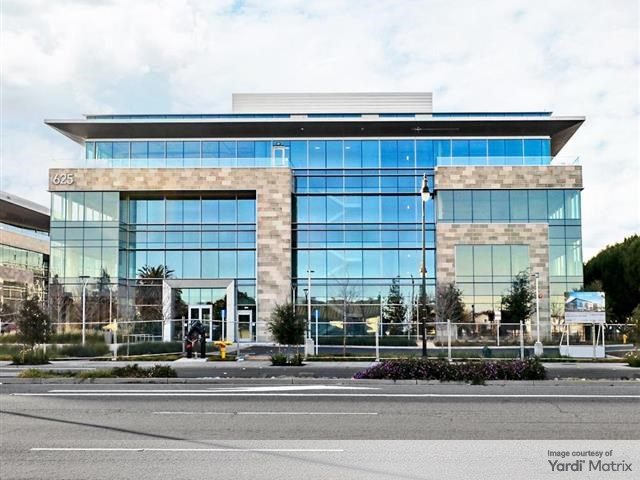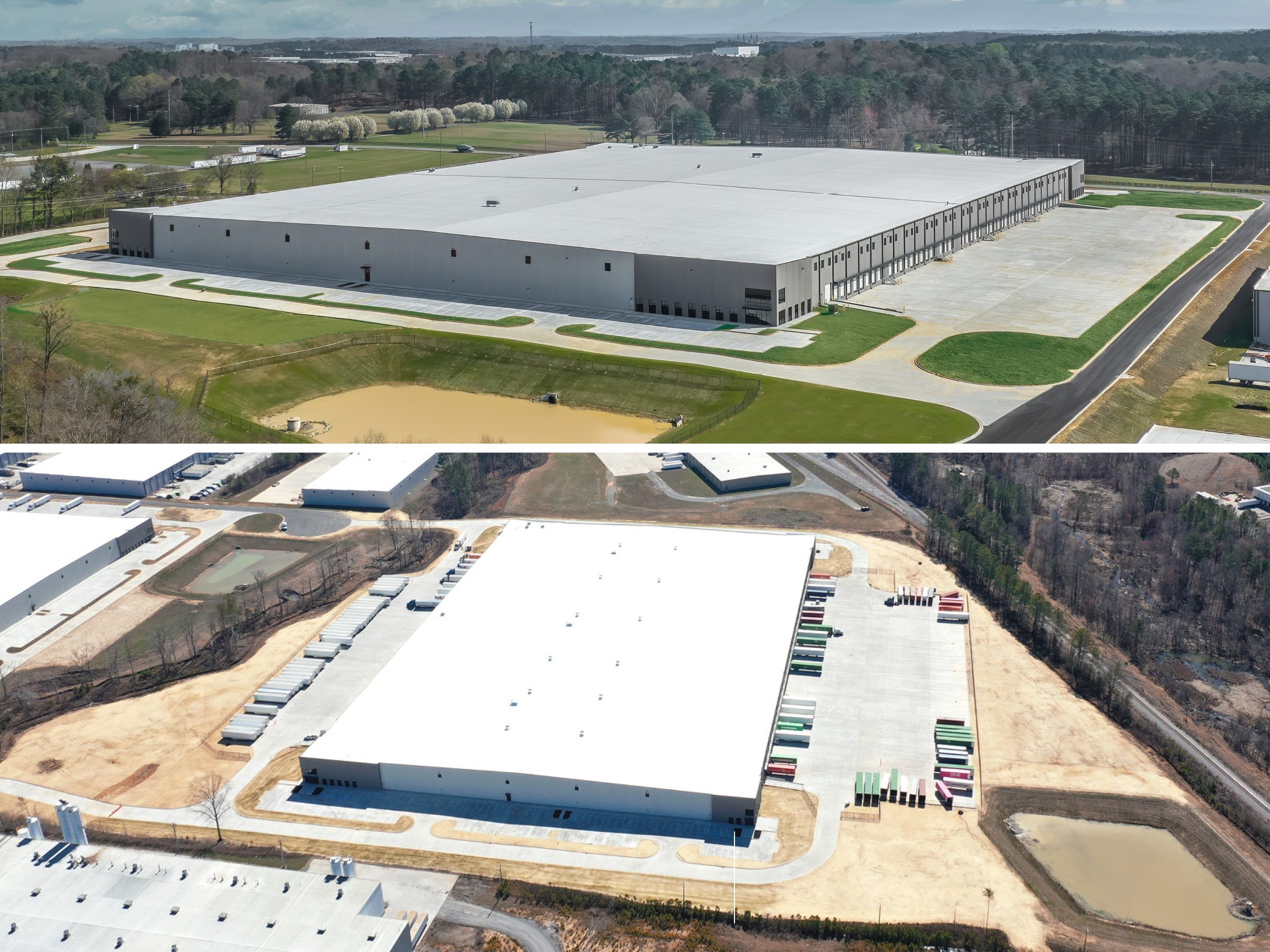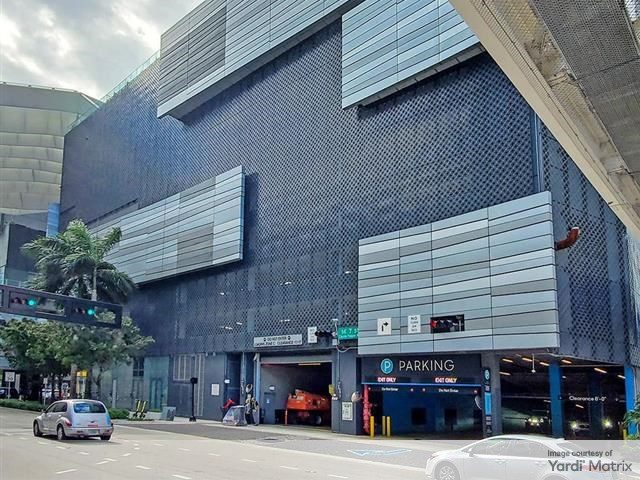How Higher Rates Drag on REITs
Fitch Ratings' Chris Wimmer on why trouble for tenants means trouble for landlords.

Interest rate volatility has largely muted commercial real estate transaction activity across most sectors this year. The volatility has kept bid-ask spreads too wide for seller capitulation and critical price discovery. This is most pronounced in the office sector, which continues to face major secular challenges from the shift to remote and hybrid working.
Data center REITs remain an outlier, with the growth of artificial intelligence continuing to drive demand for data center office space in the U.S. and globally. Industrials, retail and health care REITs are all starting to feel the impact of higher rates through weaker business and consumer activity.
Industrial REITs
The industrial sector was a top performer prior to the pandemic, which accelerated secular expansion from ecommerce and increased last-mile activity. However, demand for industrials in 1Q24 was below expectations. Retail sales have reversed their post-pandemic expansion as the consumer struggles with inflation and higher borrowing costs. As a result, industrial landlords are experiencing lower inventory levels. On the expense side, warehouse operators are facing pressure from both scarce labor and wage inflation. Putting all of this together, expectations for a recovery in demand have been delayed and valuations of warehouse space are dropping.
Retail REITS
Retailers continue to struggle with decelerating U.S. sales growth, while bankruptcy activity from notable names such as Red Lobster, Rite Aid, Bed Bath and Beyond has picked up since last May. Less healthy tenants are increasingly challenged by occupancy cost (rents/sales). It is worth noting that landlords are optimistic on re-tenanting as occupancy rates are healthy, and there is little competition from new supply as today’s development costs are tough to pencil. B-quality malls continue to face numerous secular headwinds, with flat to slightly declining same-property NOI expected for the foreseeable future.
Health care REITS
The outlook across the subsectors within the health care REIT space is mostly challenging as many are facing increased expenses, staffing shortages, and weaker tenants. Hospital operators are having trouble paying rent, facilities continue to close, and filing for bankruptcy is now a very real prospect. Senior housing operators are experiencing higher expenses, which also have the potential to accelerate. Life science and medical office fundamentals also remain at risk. A bright spot is skilled nursing facilities, where results have been improving and tenants are increasingly healthy.
Christopher Wimmer is a senior director in Fitch Ratings‘ Real Estate, Gaming, Lodging and Leisure team.






You must be logged in to post a comment.